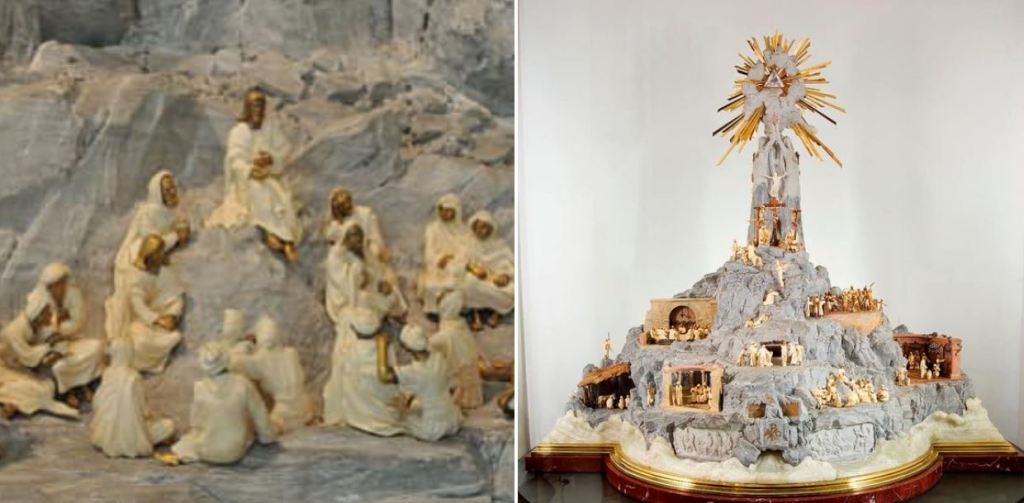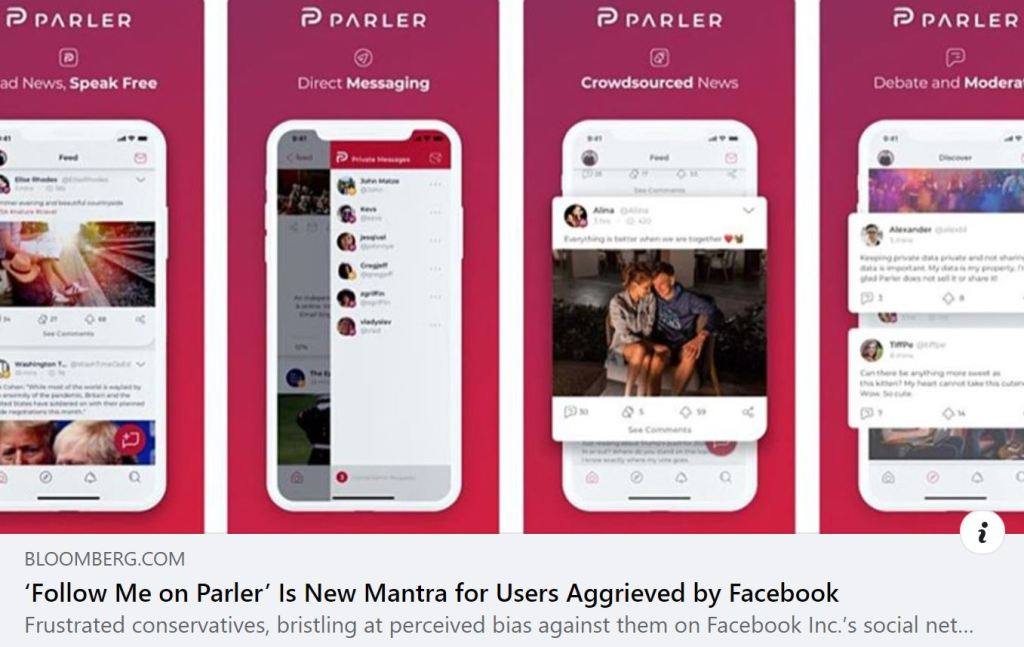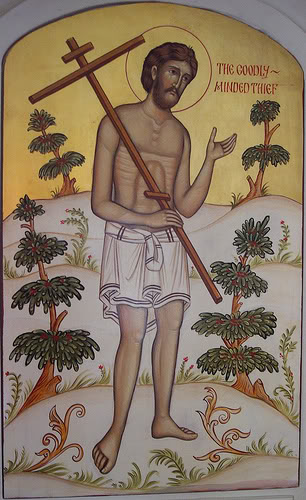
This sermon on Matthew 18:15-35 was preached at Christ Lutheran Church (Fredericksburg, VA) on the First Sunday in Lent, February, 26, 2023.You can also find a recording of this post at my 2 Penny Blog Podcast.
We just listened to a bit of the fourth of five great discourses made by Jesus as recorded in Matthew’s Gospel. Just as the Books of Moses came in five – called the Pentateuch, the first five books of the Hebrew scriptures – Jesus’ teachings come in five primary installments as Matthew tells the story. Again, this, Matthew hopes, will help people identify Jesus as the Messiah…a figure similar too but greater than Moses, as Jesus is no ordinary prophet. Matthew wants us to see that Jesus is truly the Son of God.
This discourse (our teaching segment today) is often called the Discourse on the Church, for it anticipates the shared life and ministry of the future community we now call “Church.” As humans that form the Church, we live within human relationship and mutuality, bound by the Holy Spirit. Still, some people among us will struggle with vanity, selfishness, or lose their way. There will be a need to call people to correction, but just as with the Old Testament, we will hear Jesus speak of justice wrapped within mercy and grace as well. Humility, self-sacrifice, and love, Jesus teaches, are the virtues that will bind this new community together and help it thrive.
Among the many difficult dynamics that come with human relationship, among the most complicated of topics that Jesus addresses, remains the gift of forgiveness. And indeed, forgiveness is a gift at its heart. After all, Jesus died for the forgiveness of our sins before we even asked…Before we were even born, Jesus responded to our need. Our salvation is pure gift, and with his cross and resurrection, Jesus died for all our sin: the sin that’s always part of us as human, fallen creatures; the sins we have done; and the sins we have yet to do. As John writes in one of his letters (1 John 4), “In this is love, not that we loved God but that he loved us and sent his Son to be the atoning sacrifice for our sins.” He argues that we love because God loves us first. Thus, through Jesus’ own example and teaching, we should understand that we also forgive because God forgave us first. Yet, we aren’t Jesus. We can struggle mightily with forgiveness.
When we are hurt deeply, we can tend to cling to our anger and pain. We can become too focused upon it. We can get stuck and ruminate on our wounds. Now, anger itself isn’t sin. Jesus who never sinned got angry at times, but we are cautioned in scripture to avoid sinning in our anger (Eph. 4:26). So, as we focus on the sin we see as perpetrated against us, we might feel justified anger, but we can also slip into sin. We aren’t Jesus. Normal humans can tend to hold onto grudges and even nurse them. Then like a disease, those human, sinful feelings can begin to seep out of our wounds, misshaping our choices along with our view of others and our world.
There’s an old saying, “hurt people hurt people,” and although it is simplistic, I find it often profoundly true. Looking at criminal offenders or people in our family who perhaps don’t love us like they should, we often find their behaviors might not be able to be explained away, but we can often see that their own lives lacked love, tenderness, and forgiveness. They themselves might have been abused or forgotten, and their hurtful choices often might reflect their desire to be significant, have their needs met, or act out like a small child. They might not know the words for their pain and longing. They might not even be aware they are in pain. That’s just what they know. Sadly, the examples they have seen of loving relationships are too often far from the love that Jesus teaches about and exemplifies. Of course, they can be bent inward upon themselves, selfish, as Luther says. The best humans can make bad choices when they have free choice.
In families, the sins of the parents can be revisited upon several generations until someone finally says enough is enough and seeks to return to God’s ways…or so says Deuteronomy 5. Yet, not everyone who grows up exposed to brokenness offends, and just because a parent struggled to love you doesn’t mean that God could not have taught you how to love in some other way. Again, there’s an element of free choice. God can send us people to love us in lieu of a family incapable of loving as they should. So, we should not be too quick to just say “turn the other cheek” or “forgive and forget.” I am not suggesting wrong should be explained away. For our safety, for the safety of others, and even for the protection of the person we are mad at, erasing any error might cause more harm than good. Consequences can sometimes protect people or help teach people to do better.
Some of you have heard my story of a women I met as an officer while on a domestic dispute. She had faced many years of emotional and physical violence, and this night, she had been injured. Her spouse hit her so hard that her cheek was swollen up like a grapefruit. When I suggested to her that she might need to put up some protective boundaries between her and her husband, she ironically said with her swollen face in tears, “But Jesus told us to turn the other cheek.” I had to explain to her that Jesus loved her too, and he likely wasn’t calling her to martyrdom (or more likely unnecessary victimhood) at the hands or her husband. Jesus loved her too, and sometimes when situations are toxic or dangerous enough, it might be best to turn the other cheek and walk away.[i] This doesn’t mean we stop loving them, or praying for their welfare, or caring. It might just be a humble recognition that we aren’t the one’s called to save them from themselves…In such cases, we might need to love ourselves as much as we say we love them. After all, Jesus said the law and the prophets was summarized in our loving God with all that we are and loving others as ourselves…not better than ourselves.
Yes, forgiveness is complicated. Wounds can run deep and last long. A man once told me that he used to get in terrible fights with his wife. Yet it wasn’t the physical wounds that bothered him. Those scars can heal. He wouldn’t think of those physical incidents unless he stopped to look at his scars. No, often for him, the wounds that come from ill chosen words, gossip, betrayal…emotional wounds…those can be the ones that last the longest. Those can be the hardest to forgive and heal. And yes, he is right. Forgiveness is hard. Jesus never said forgiveness would come quickly like someone turning off a light switch. We might need to try to forgive, and then try again, and again. We might find a place of peace only to have something remind us of past pain, and we need to forgive yet once again. It might take a lifetime to forgive, and we might never quite fully make it. Yet, we aren’t only asked to forgive for the sake of the offending party. In just trying to forgive, in our willingness to be open to it, forgiveness heals and frees us whether the other person benefits or not.
When we seek to forgive, it is not admitting what they did was ok. Counselors suggest, “By forgiving, we are making a conscious decision to let go of any resentment, vengeance, or anger that came from being hurt because we believe we will be better off not having those emotions and thoughts floating around inside us.”[ii] It is not about the person deserving forgiveness or changing their ways. It shouldn’t be that we want the person to suffer more before we forgive. Those are ultimately justice and trust issues, and as an Orthodox saint[iii] reminds us, if God was truly and only just, each of us would be in BIG trouble. As fallen humans, we ourselves can never be fully trusted, and we can never earn our salvation. In God, of necessity, justice comes with mercy. So again, modern counselors note, the person who hurt you might not deserve forgiveness…they might not be worthy of trust… “but that doesn’t mean you deserve to live with the resentment and bitterness.”[iv] Our ability to heal and move on requires forgiveness, so Jesus (who loves us and wants what is best for us) asks us to forgive. It might take a lifetime of trying, but in trying, in praying for our enemies, we will discover that we are always blessed…and sometimes reconciliation might yet come.
How often should we forgive? Peter likely reflecting a the shared consensus of the Apostles suggested seven times. He was being stingy…better than many, but stingy. In context of this conversation, Jesus shares the parable of the Unforgiving Servant in response to Peter’s guess. The parable applies to Peter too, as much as it applies to us and to all. Jesus says we should forgive seventy-seven times (or in some texts seventy times seven times)…an eternity of times, because we have through faith forgiveness for eternity. Jesus is asking us, “Should you not have had mercy on your fellow slave, as I had mercy on you?”
Ultimately, sin has the potential to harm communities including families. It can injure or murder the spirit of someone. We cannot take it lightly. Yet as professors like Dr. Kimberly Wagner of Princeton University point out, “just because sin has the potential for collective harm, doesn’t mean the sinner should be dealt with harshly. Instead, the text lays out a process that foregrounds compassion, strives to avoid shaming and embarrassment [as demanded in Deuteronomy by the way], and ultimately seeks restoration.” This “is a procedure that insists that the spiritual and relational wellbeing of each person is something worth fighting for and restoration to community is worth our time and energy.”[v]
Yes, we are asked to recognize the consequences of sin, but we are also asked to see the humanity in one another…including our vulnerability and need. We all need forgiveness. Grounded in God’s grace, seeking to love others as ourselves, praying for our enemies even as we ask help in forgiving, or as we ask for the wisdom to know what we need to repent from and set aright…trust that justice will come from God eventually, but the blessings that flow from forgiveness can be ours right now. Amen.
[i] Hemfelt, R., Minirth, F., & Meier, P. (2003). Love Is a Choice: The Definitive Book on Letting Go of Unhealthy Relationships. Nashville: Thomas Nelson Publishers.
[ii] See https://www.emerycounseling.com/3-reasons-why-people-dont-forgive
[iii] Isaac the Syrian or of Nineveh (613-c. 700 AD)
[iv] Ibid.
[v] Wagner, K. (2023). Commentary on Matthew 18:15-35 at https://www.workingpreacher.org/commentaries/narrative-lectionary/forgiveness/commentary-on-matthew-1815-35-3
Unless otherwise indicated, all scripture quotations for this post are from the New Revised Standard Version Updated Edition (NRSVue) translation.
© 2023 The Rev. Louis Florio. All content not held under another’s copyright may not be used without permission of the author.







